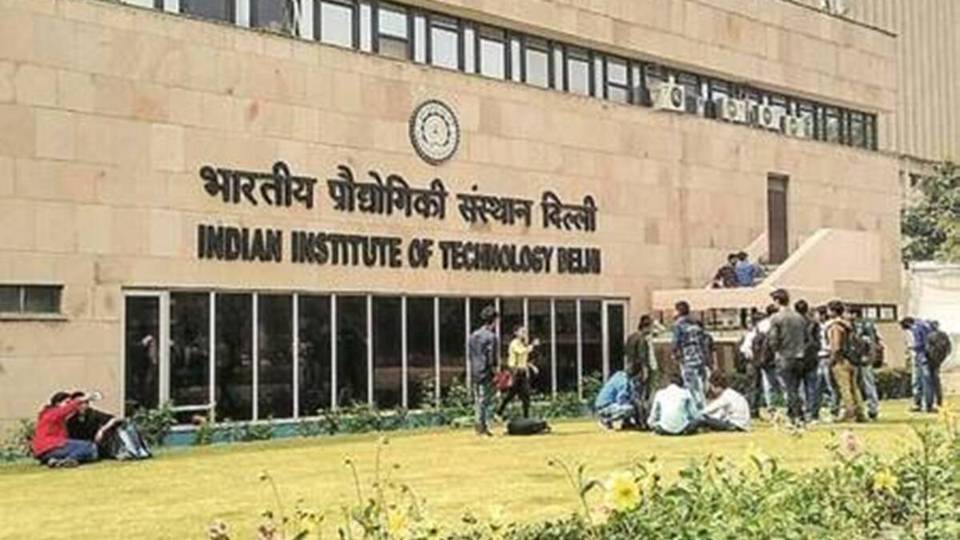IITs have made a huge contribution in taking education to new highs in India. Their alumni have achieved many remarkable successes. They have virtually dominated many sectors of economy. Yet, these reputed IITs were not counted in the Ivy League institutions of the world. The flashy degrees, courses and research of University of Cambridge, Oxford or Princeton University were considered more worthy than those of IITs. This happened courtesy of an inferiority complex coupled with lack of funding. Gladly, time has come for IITs to change this forever and ink its name with a golden pen in the global educational sphere.
Time to go global
The Central government appointed 17-member committee for the global expansion of IITs have identified seven prospective locations for offshore campuses. These are the UK, UAE, Egypt, Saudi Arabia, Qatar, Malaysia and Thailand. The committee consulted Indian missions abroad to finalise these locations. It is reported that the new institutions in these nations might be named as “Indian International Institute of Technology at (respective country name)”.
The 17-member committee submitted its report to the Ministry of Education. It was led by IIT Council standing committee chairperson Dr K Radhakrishnan. The committee used various parameters to analyse prospective locations for new institutions campuses. All these seven countries ranked high on several key parameters which makes them the frontrunners for the global IITs.
Also Read: IIT Kharagpur’s calendar destroys Aryan Invasion myth and leftists are rattled out of their wits
The committee used parameters like level of interest and commitment, academic lineage, conducive ecosystem to attract quality faculty and students, regulatory provisions and potential benefits to enhance India’s “branding and relation”.
As per the Indian High Commission in the UK, the committee has obtained “six concrete proposals of cooperation from University of Birmingham, King’s College London, University of Exeter, University of Oxford, University of Cambridge and University College London”.
The report claims that IIT-Delhi is the preferable choice of many nations including UAE, Saudi Arabia, Egypt and Malaysia. It adds that Egypt wants to launch the programme as early as 2022-2023, online if not physically, from 2022-23. However, the 17-member committee has categorically advised that such decisions should be taken with due deliberations and not in a haste. So it has advised that only residential campuses be opened and not hasty online courses.
Also Read: Neeva Search Engine: Ex-Google executives tie-up with IITans to create Google’s rival
The report states that the local government should make a certain minimum commitment of area for the campus for establishing the new institutes. It adds that the premium focus of these institutions will be to build the image of the country abroad rather than for commerce.
The 17-member committee report suggests that the percentage of Indian students should be less than 20% in these institutions and the rest should be for the local student population.
Earlier as well there were proposals to expand IITs but they were limited to individual IITs. Evidently, IIT Delhi was in talks with the Department of Education and Knowledge in UAE’s Abu Dhabi, while IIT Madras explored options in Sri Lanka, Nepal and Tanzania.
Comprehensive umbrella approach
However, the committee has, for the first time, suggested an umbrella approach. It has proposed a model under which a chain of institutions would be set up under the Indian International Institute of Technology brand name with domestic IITs as mentors. The committee report has categorically suggested measures to make sure that this doesn’t become a burden on mentor institutions. It stated that “substantial investment by the government of the host country or of the Indian government” will be required.
The report said, “In fact the sponsoring institute in India should expect a reasonable amount of royalty (say 10 percent to 15 percent of the overall expenditure of the offshore campus) out of such a campus”. The report also advises that these institutions should be given more freedom than the current IITs through the Act of Parliament under which these institutions are created.
The 17-member committee included reputed persons like the directors of IIT Delhi, Madras, Kharagpur; ISM Dhanbad, Guwahati, Kanpur; Indian Institute of Science; NIT Surathkal; and the vice-chancellors of JNU, Delhi University, University of Hyderabad and Banaras Hindu University; and, Dean (International Relations) IIT Bombay.
Other contenders
However, the committee doesn’t rule out other countries as well. The report has placed Other nations below these identified probable seven countries. They are Bhutan, Nepal, Bahrain, Japan, Tanzania, Sri Lanka, Vietnam, Serbia, Singapore, South Korea and Uzbekistan.
These new global IITs will broaden the horizon of IITs as well as make a name for India in the global educational sphere. The new global IITs will compete with the local premium institutes. This will only strengthen these IITs and give scope for further improvisation, innovation and research. These global IITs will prove India’s metal in the global education system and shatter all the myths, if any, about the Indian education system.
Support TFI:
Support us to strengthen the ‘Right’ ideology of cultural nationalism by purchasing the best quality garments from TFI-STORE.COM
